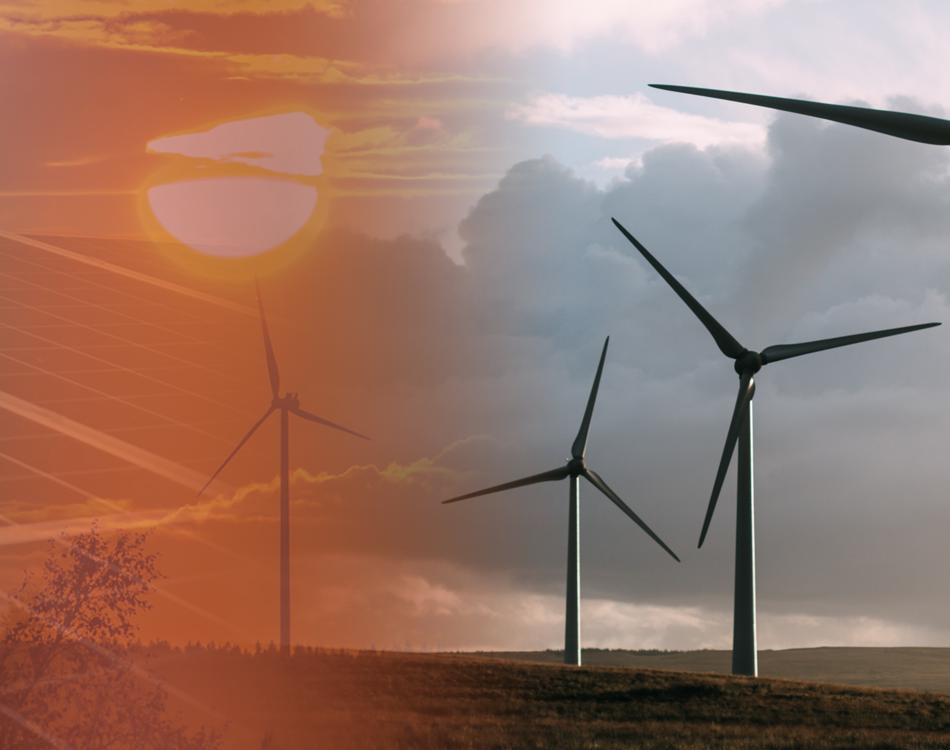
Greece climbed to 21st place in the RES attractiveness index (RECAI), according to the 59th edition of EY’s semi-annual global report. This is the highest position occupied by Greece in this ranking. The country aims to double the installed capacity of renewable energy production at 19GW, by 2030.
The report explores how emerging renewable energy technologies and green fuels have the potential to substantially reduce the share of natural gas in the energy mix, creating an ideal investment environment for RES. The report notes that, although importing gas from other markets with the aim of reducing dependence on Russian gas is not an immediate process, there is currently significant momentum.
Greece occupies highest position in the index to date
Greece’s attractiveness for investments in RES, increased significantly in the period between the October 2021 edition of the report, with the country rising by three notches to 21st place, among 40 other countries.
This improvement, according to the EY report, is due to Greece’s goal of doubling the installed capacity of renewable energy production, to about 19GW, by 2030, and the recent operation of a 204MW double-sided photovoltaic park, one of the largest of its kind in Europe.
Commenting on the performance of Greece, Mr. Tassos Iosifidis, Partner and Head of the Department of Corporate Strategy and Transactions of EY Greece, noted that despite the war, Greece continues to significantly improve its position as an attractive destination for investment in RES, adding that further interventions in the regulatory and licensing framework will be needed.
Floating technologies are gaining ground
The report also examines the opportunities created by floating technologies. Offshore wind power generation still has high investment prospects, as the cost of electricity generation is expected to fall to $ 70 / MWh or lower by 2030. In addition to the 11 floating offshore wind farms already in operation, more than a hundred more – with a combined capacity of over 26,300MW – are either under construction, have secured financial / regulatory approval, or are still in the early stages of design.
At the same time, offshore solar power generation is gaining more attention, as the cost of photovoltaic panels has dropped dramatically, and global capacity has increased more than 100-fold in the last five years. To date, most floating photovoltaic projects have been developed in artificial freshwater bodies, in a relatively controlled environment, but there are plans for their offshore movement, with the aim of utilizing the infinitely richer resources of the high seas.
Latest News
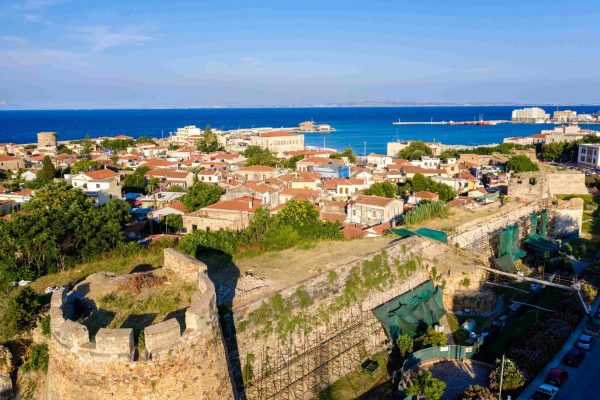
Number of Turkish Visitors to Greek Islands up 10-Fold After 7-Day Express Visa
More than 20,000 Turkish tourists flocked to the eastern Aegean isles during a nine-day religious period in the neighboring country

Greece to Protect 198 ‘Untouchable Beaches’
These beaches, numbering 198 across the country, fall within the Natura 2000 network and will be off-limits for concession and, by extension, for the placement of umbrellas, sunbeds, etc.

BoG: Feb. Current Account Deficit up by 1.8bln
At current prices, exports dropped by 10.3% (‑10.7% at constant prices) and imports grew by 5.7% (9.4% at constant prices).

Greece Becoming a ‘Refuge’ for German Pensioners
The government's policies to attract foreign property buyers to boot the economy is working, reports German newspaper Handelsblatt

Iran Activates Air Defense System- Reports of Attack by Israel
An Iranian official said explosions reported by Iran's media were the result of the activation of the country's air defense system, yet media reports attribute them to a drone attack by Israel

Poll: Greeks, EU Citizens Eager to Vote in European Elections
EU citizens are eager to vote in the upcoming elections for the European Parliament in June, with eight in 10 saying the current geopolitical situation makes voting imperative

Mitsotakis-Erdogan Meeting in Ankara Fixed for May 13
The Greek PM himself made the announcement from Brussels on Thursday, while he also responded to a question on Athens' intent to create a marine park in the central Aegean, an environmental initiative
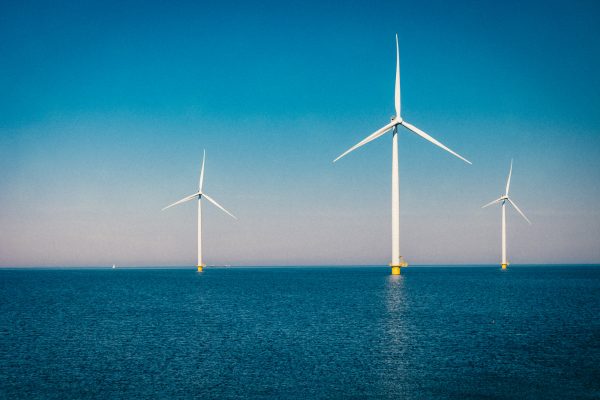
Greece Aims to Boost Energy Capacity, Economy with Offshore Wind Farms
Greece’s Energy Ministry is pushing legislation to accelerate the construction of the first floating wind farms in Greek seas

Reuters: Greek Economy Surges After Decade of Pain
Nevertheless, the article also highlights some of the challenges facing the country, with a falling birthrate and labor shortages posing a threat to the long-term outlook
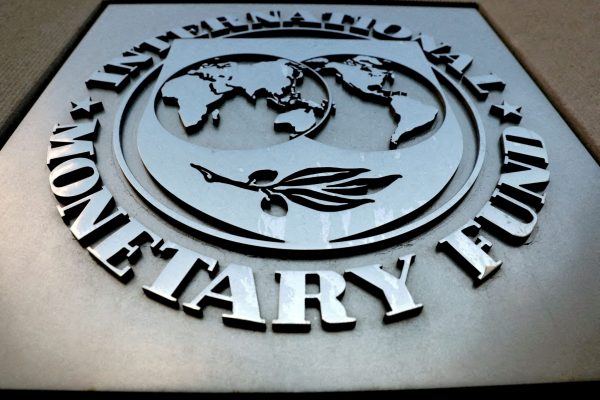
IMF: Greek Growth in 2024 at 2%; Debt to Ease to 158.8% of GDP This Year
Projected consumer prices are forecast to rise by 2.7%



![Φυσικό αέριο: Γιατί είναι δύσκολη η απεξάρτηση από τη Ρωσία – Τα εμπόδια [Χάρτης]](https://www.ot.gr/wp-content/uploads/2022/07/gas-1-1-90x90.jpg)
































![Φυσικό αέριο: Γιατί είναι δύσκολη η απεξάρτηση από τη Ρωσία – Τα εμπόδια [Χάρτης]](https://www.ot.gr/wp-content/uploads/2022/07/gas-1-1-600x389.jpg)

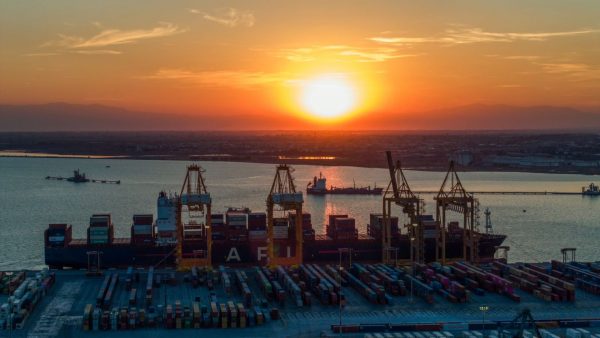



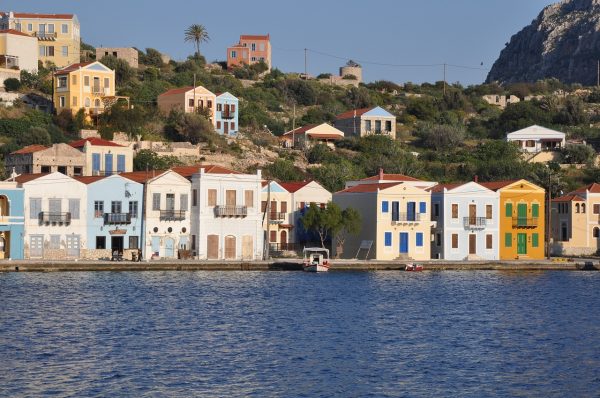

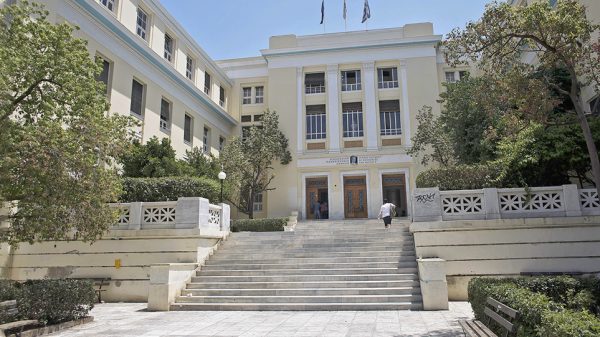
 Αριθμός Πιστοποίησης Μ.Η.Τ.232433
Αριθμός Πιστοποίησης Μ.Η.Τ.232433